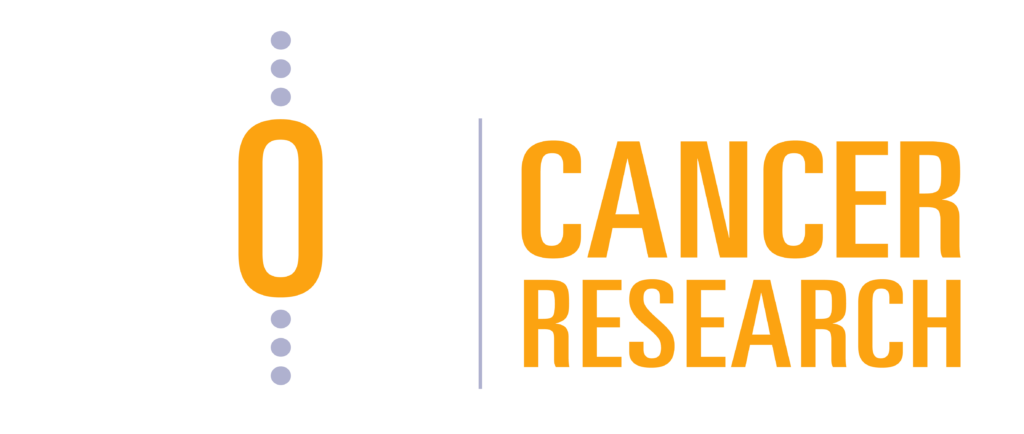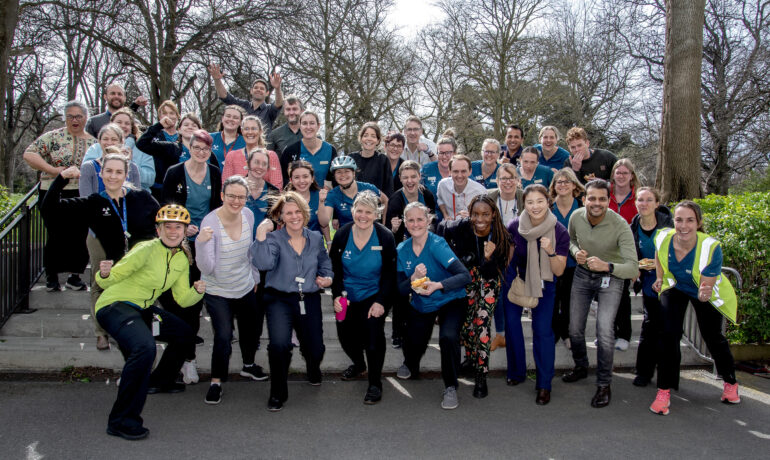Related Post
10 December, 2025
Shaping the future: How TROG’s Emerging Investigators group is breaking down barriers for new researchers
SPECIAL INTEREST GROUP IN FOCUS: 10 December 2025 Dr
9 December, 2025
TROG’s inaugural Km’s for Cancer Research brings community together to support our work
LATEST NEWS: 9 December 2025 As we wrap up



